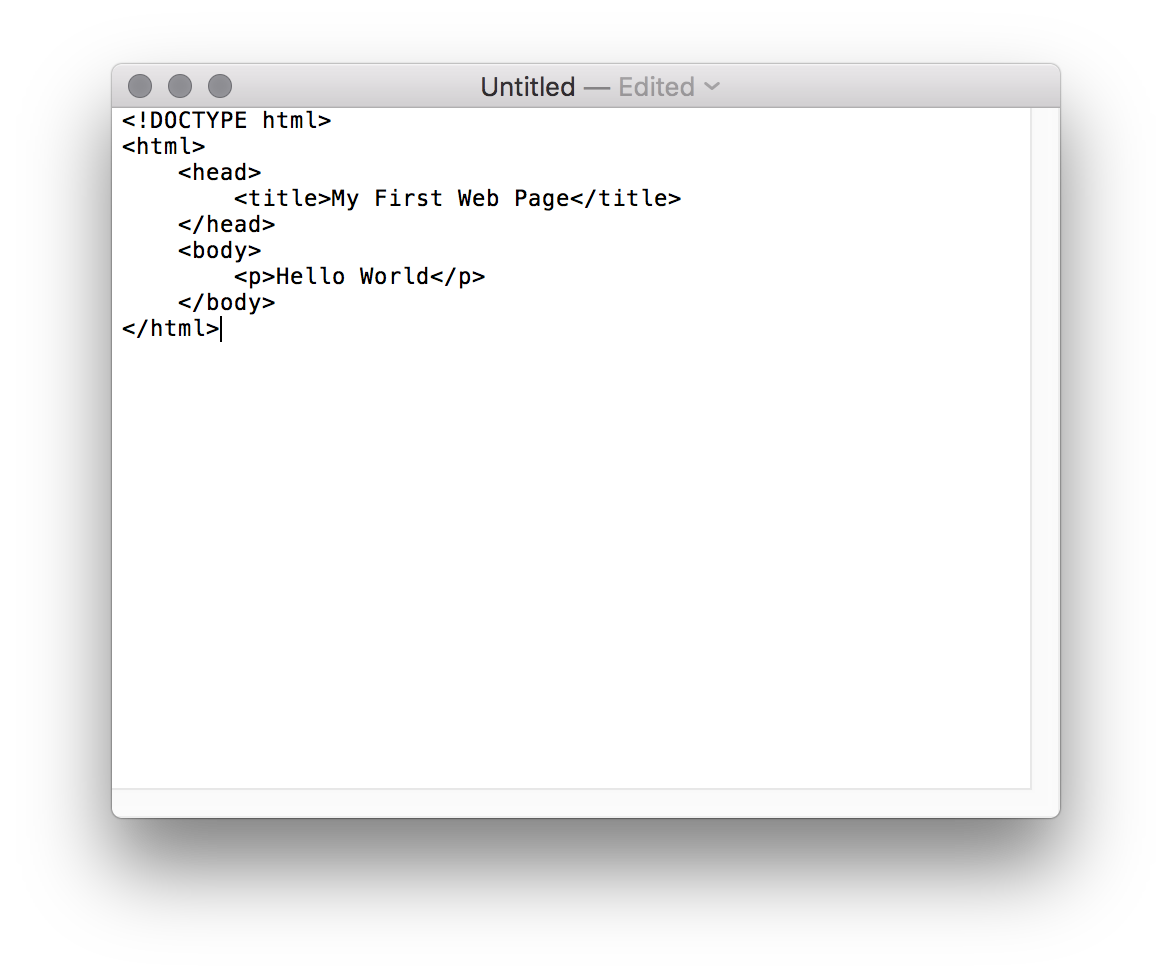

Some of the new capabilities that OpenAI is offering businesses look dicey.

So far, 11 companies including Expedia Group and payments operator Klarna Bank have ‘plugged’ ChatGPT into their servers as initial test cases. Now with these new plug-ins, OpenAI is taking another gamble, giving ChatGPT even more capabilities and unleashing it to businesses.

OpenAI made a bet by making ChatGPT public and the result was public adulation and viral success for an AI team that’s tiny compared with those that work for Big Tech firms. Taking such gambles is, of course, what made ChatGPT so popular. And those risks become more serious when ChatGPT can start doing things on the web. However much OpenAI has tested and prodded its system to make sure it is safe, no one really knows the full extent of its risks until it is deployed publicly. OpenAI spent seven months testing GPT-4 before releasing it into to the wild, but its so-called ‘red team’ engineers, who tested how it might be misused, could only cover a fraction of the ways it might be exploited by millions of real-world users. Machine learning (ML) systems make decisions in an inscrutable black box. Not only could it search and synthetize information it had been trained on, it could take action. While the plug-in announcement didn’t get much attention in the mainstream press, many technologists saw it as a stunning leap forward for ChatGPT.


 0 kommentar(er)
0 kommentar(er)
